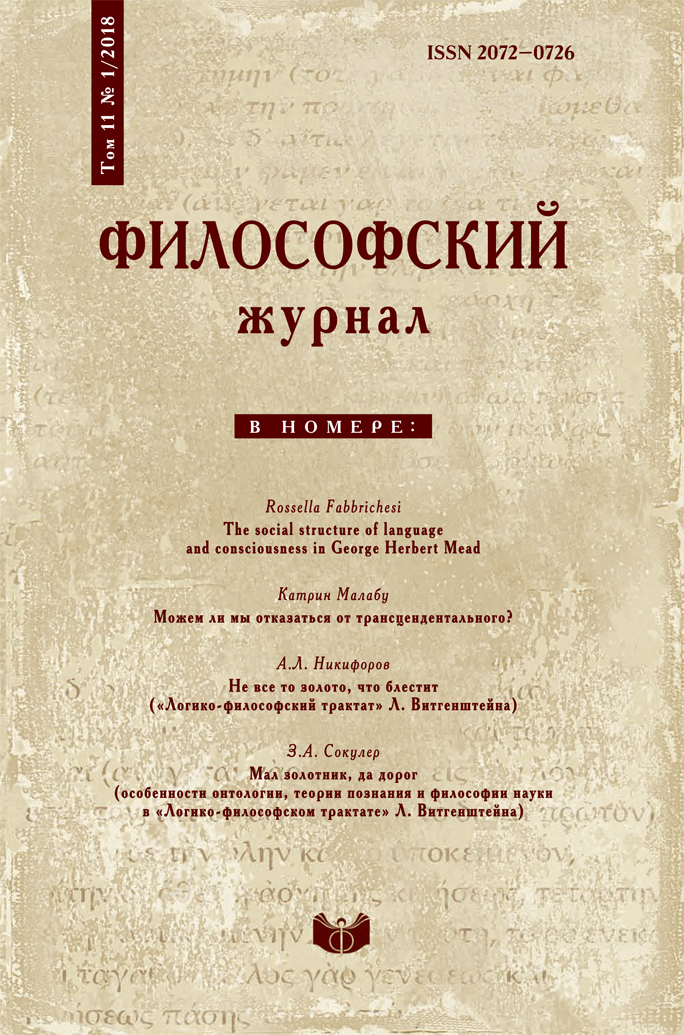Toward the problem of self-justification of political philosophy from the standpoint of social epistemology
DOI:
https://doi.org/10.21146/2072-0726-2018-11-1-28-44Keywords:
political philosophy, political science, social epistemology, ”natural attitude”, autonomy of the politicalAbstract
One prominent feature of contemporary intellectual climate is the current problematization of political philosophy (PPh). The author contends that the main challenge to this disci¬pline came from the emergence of non-classical political thought in 20th century Europe, followed by the appearance of socio-epistemological (SE) type of philosophical reasoning about the meaning of the ‘the political’ in Lebenswelt. This challenge had important conse¬quences: (1) the rejection of the traditional paradigm of the ‘philosophy of politics’ (PhP) which remained dominant throughout the Modern Age when political thinking remained a de facto part of the history of philosophy (HPh); (2) the emergence of analytical philosophy that left PPh wondering which of the methodological traditions of the Enlightenment were to be discarded. The publication of Carl Schmitt’s theory of the ‘autonomy of the political’ can be viewed as a 20th century response to these difficulties. Schmitt’s insistence on the autonomous nature of the political highlights the self-standing nature of the present-day political thinking as a discipline, its irreducibility to HPh with its academic tools, while drawing clear distinction between ‘the political’ and ‘politics’, the latter term signifying the sum of scientific disciplines known today as ‘political science’. The author proceeds to illustrate the said distinctions with the help of the example of contemporary debates on the opposing categories of ‘structure’ and ‘agency’. In can be demonstrated that conflicting opinions in this debate are conditioned by the critical attitude toward analytical philosophy persistent in PPh, and, on the other hand, by its drift to non-classical SE. By sharing the SE thesis on the priority of Lebenswelt as against the ‘scientific’ attitude, PPh makes SE its own prime concern. This allows PPh to expose, among other things, the epistemic gap between the facets of political theory and leads to the conclusion that political science and PPh ‘speak different languages’. Hence, among today’s topics, there are those which can only be addressed within the problem field of PPh.






